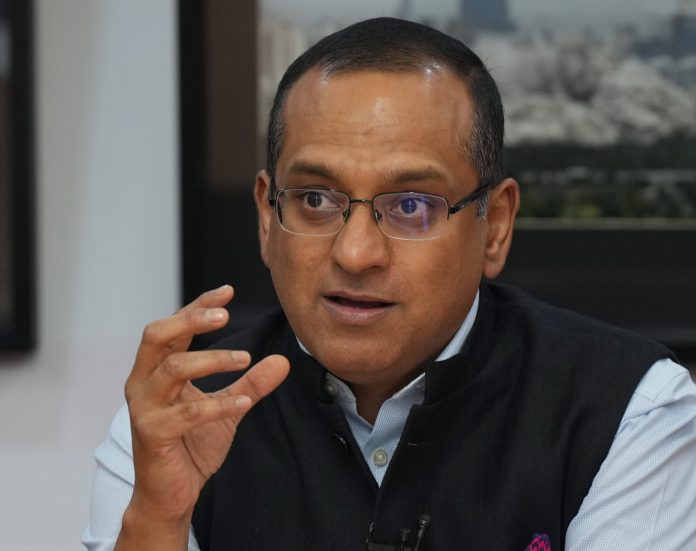New Delhi, Aug 9: Pakistan is now more of a “nuisance” than a strategic threat as India has gained an edge over its neighbour, according to BJP leader and India Foundation founder Shaurya Doval.
Follow The Daily Excelsior Channel On WhatsApp
India’s key advantage is its economic growth, he said but stressed on the need to manage relations with its neighbours, including Pakistan and China, to support this growth and gain a strategic edge.
In an interaction with PTI editors at the agency’s headquarters here, Doval also favoured roping in private players to fight cyberterrorism as he called for a “comprehensive” societal response rather than solely relying on legal and military measures.
“We have passed various points in our relationship with Pakistan, and while they still present challenges, they no longer represent a serious threat…Pakistan poses nuisance value to us now but does not pose any strategic threat to us. So, that is one situation solved,” he said.
He highlighted that similar dynamics are at play along India’s eastern front, while cautioning that India’s northern neighbour remains a serious challenge due to its military capabilities and intentions.
“I think, first and foremost, India’s USP right now is economic growth…we have to manage our neighbourhood so that we continue to get that space and time to be able to reach our economic goal and give us strategic advantage vis-a-vis our neighbours,” he said.
Doval said, “If our northern neighbour aspires to dominate the global stage, they would prefer to see India confined to its current position.” “If they fail to establish their presence in our region, their global ambitions could be hindered,” the India Foundation founder said. Underlining that economic growth is India’s primary strength, he said, “We must manage our neighbourhood to create space for economic progress and gain a strategic advantage.” He stressed on a focused effort to bridge the economic gaps between India and its neighbours, including in trade, technology and infrastructure, and asserted that India is making strides in this direction.
On counter-terrorism, Doval said it should not be seen merely as a state’s response. “Terrorism can infiltrate various sectors of society, from schools to hospitals, and it requires a collective effort to prepare and protect our nation,” he said.
Doval advocated for the need to augment India’s technological capabilities, particularly in the private sector, to combat cyber crime and terrorism effectively. “We must empower our innovators and coders to take the lead in counter-terrorism efforts, especially in the realm of cybersecurity,” he said.
Government systems often struggle to keep pace with the rapid innovation found in the private sector, Doval said and underscored the critical role of the political class in reflecting societal values and addressing these challenges.
“India is one of the few countries actively engaging in this technological battle. If we can’t rise to the occasion, who will?” Doval asked, urging a united approach to innovation and security in the face of evolving threats.


